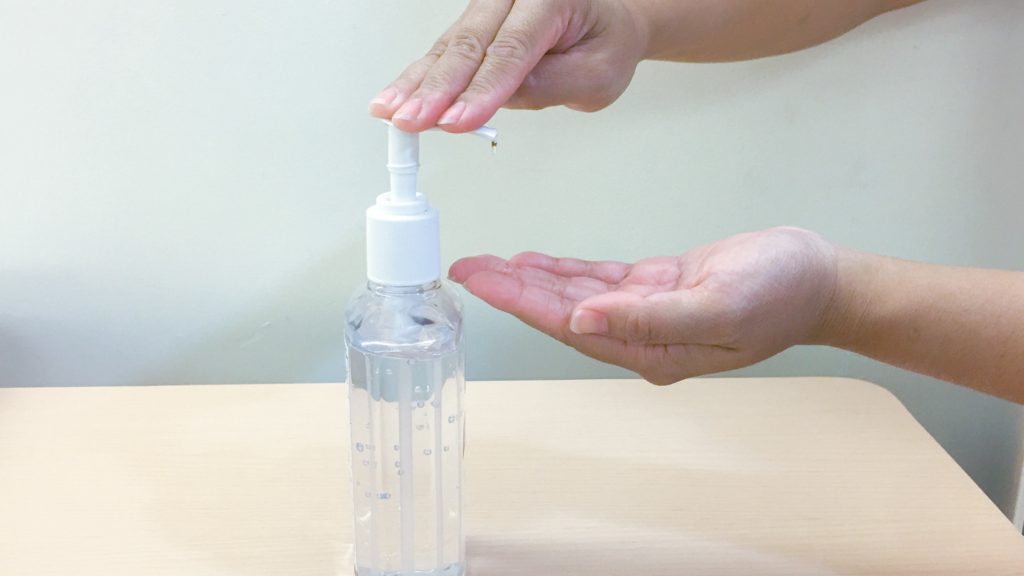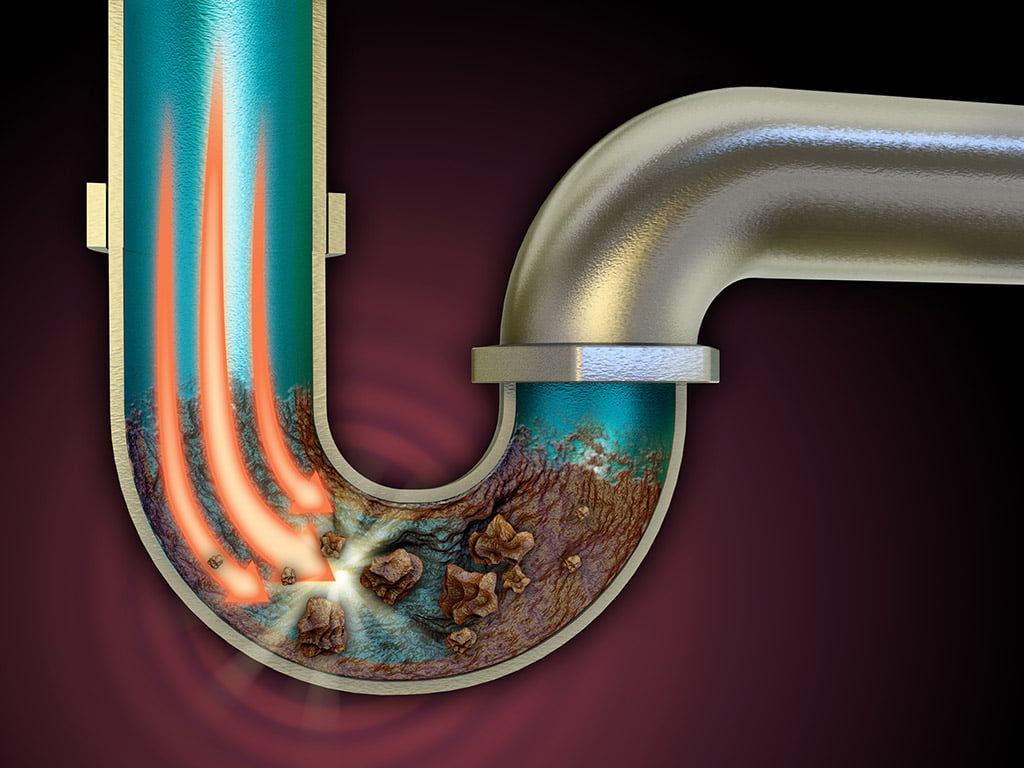
As the world reopens, there are still spikes of coronavirus cases both around the U.S. and in other countries as well.
Medical professionals and policymakers tend to agree that full-scale lockdowns aren’t something most have an appetite for at this point in the pandemic. They do encourage certain measures, though, such as hand hygiene and wearing face coverings.
One tool we have for hand hygiene is sanitizer, but with a recent sanitizer recalls from the FDA, you may be wondering how to choose the best products.
The following are some of the things to know about hand sanitizer right now.
Handwashing vs. Sanitizer
The Centers for Disease Control and Prevention (CDC) says your first option for hand cleanliness should be washing with soap and water. You should only rely on sanitizer when those aren’t available.
You should choose a sanitizer with at least 60% alcohol for it to be effective.
However, if your hands are greasy or visibly dirty, your sanitizer might not be effective. If your hands are especially dirty, you should always try to wash with soap and water.
If you choose a sanitizer that has an alcohol concentration lower than 60%, it may not work as well against all types of germs. They may also reduce germ growth but not necessarily kill them.
When you’re using hand sanitizer, make sure you use enough to cover the surface of both hands fully.
If you’re washing your hands with soap and water, make sure you’re doing it for at least 20 seconds. You should wash your hands before and after eating, after coughing, when you sneeze and after you blow your nose.
Does Hand Sanitizer Combat COVID-19?
According to the FDA, hand sanitizer can be effective against COVID-19, although again, the FDA like the CDC recommends washing with soap and water wherever that’s an available option. Even so, there are no drugs including hand sanitizers approved by the FDA to prevent COVID spread.
FDA Recalls
The FDA has recalled several hand sanitizers recently because of the possible presence of something called methanol.
Methanol is toxic alcohol.
It can have negative effects when a lot is used on the skin, including nausea, vomiting and headache.
If someone were to purposely or accidentally ingest methanol, it could lead to seizures, blindness, or nervous system damage.
If you have a hand sanitizer with methanol, the FDA advises that you stop using it.
The FDA has been trying to provide more regulations for hand sanitizers since the COVID pandemic started.
Along with some products having methanol, the FDA says that some hand sanitizers in tests have been shown to have levels of alcohol that are too low. Alcohol, including ethyl or isopropyl alcohol, are the active ingredients in hand sanitizer.
The FDA recall of hand sanitizer products includes more than 110 products. Several national retail chains have issued recalls as a result, including Walmart and Costco.
Choosing a Sanitizer
When you’re choosing a hand sanitizer, the most important factor is alcohol content. Regardless of the other ingredients, the most critical thing is choosing a product with between 60% and 90% ethyl alcohol or isopropyl alcohol.
Once you go below 60%, the effectiveness of the product goes down significantly.
You should also avoid products that say they contain an alternative to alcohol such as coconut oil—these alternatives are not as effective if at all.
How you apply sanitizer is important as well.
Check the label first, to determine what the instructions are. These will likely be specific to the product and how much alcohol it contains.
Use the amount listed on the label and coat your hands completely. Then, let the sanitizer fully dry. If you wipe sanitizer off before it dries, it’s not as effective.
Should You Make Your Own Sanitizer?
Early in the pandemic, sanitizer was running very low if you could find it at all. Many people started making their own, and while you can do that, you should be aware that it may not be the recommended thing to do by the CDC and FDA.
If you are going to make your own you should use 99% alcohol for the best results. A lot of people will combine it with essential oil and something like aloe vera gel because sanitizer can be very drying.
Finally, remember that since sanitizer is drying, you should regularly moisturize your hands too. If your hands are cracked that can leave you open to more bacteria entering your system.








